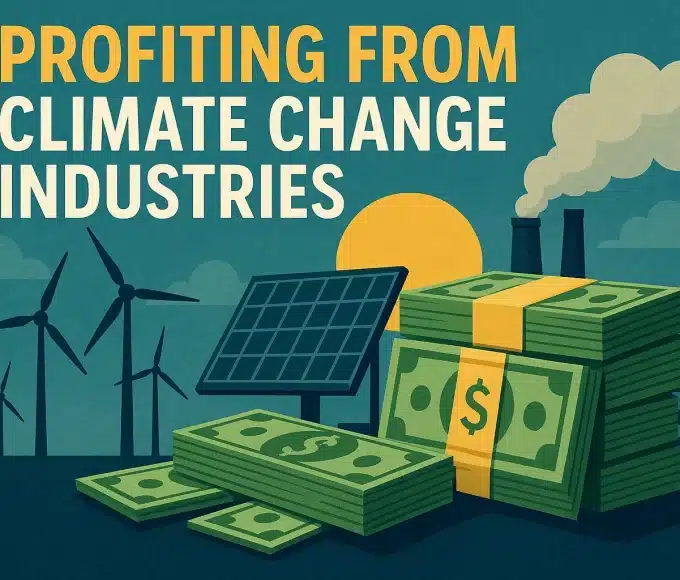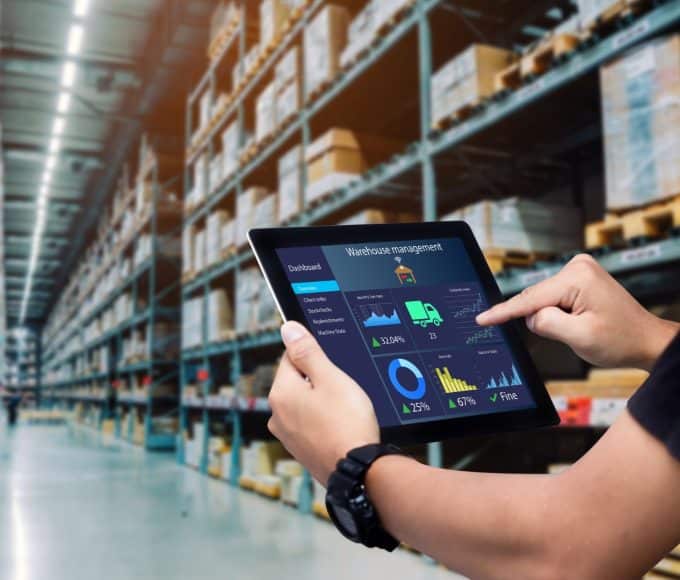Entrepreneurship today is about more than just turning a profit—it’s about creating solutions to some of the world’s most urgent problems.
Whether it’s tackling climate change or improving healthcare, there’s an increasing demand for businesses that contribute to a better world. If you’re an entrepreneur looking to make a positive impact while building a successful business, focusing on the right industries can lead to opportunities for innovation and sustainability.
Here are some key sectors where entrepreneurship can drive meaningful change.
1. Renewable Energy
Renewable energy is one of the most impactful entrepreneurship industries to focus on, as it directly addresses climate change. Solar, wind, and hydropower technologies are leading efforts to reduce reliance on fossil fuels and provide sustainable energy solutions.
According to the International Renewable Energy Agency (IRENA), renewable energy is expected to make up 90% of global electricity by 2050. Entrepreneurs have the opportunity to innovate in solar panels, wind turbines, and even new technologies like wave or geothermal power.
Leading companies like Tesla and Vestas are already paving the way, with room for new ideas, especially in energy storage and grid efficiency.
2. Electric Vehicles (EVs) and Transportation Innovation
The electric vehicle (EV) sector is another booming entrepreneurship industry helping reduce global carbon emissions. EVs contribute to lowering air pollution, reducing oil dependency, and creating a cleaner transportation system.
With companies like Rivian and Lucid Motors making headlines, there’s still plenty of room for innovation, particularly in battery technology, charging infrastructure, and sustainable vehicle manufacturing.
Entrepreneurs can also explore other forms of sustainable transportation like electric scooters or autonomous taxis, which are becoming increasingly popular as cities strive for zero-emission transportation goals.
3. Sustainable Agriculture and Food Tech
As the global population grows, so does the strain on the food system. Sustainable agriculture offers a massive opportunity for entrepreneurs. According to the Food and Agriculture Organization (FAO), agriculture accounts for about 25% of global greenhouse gas emissions.
Entrepreneurs can develop plant-based and lab-grown meat alternatives, which are more resource-efficient than traditional animal agriculture.
Companies like Beyond Meat and Impossible Foods have already shown the potential for plant-based proteins, and there’s still room for innovation in reducing food waste, improving supply chain logistics, and implementing vertical farming, which reduces land use and water consumption.
4. Green Building and Sustainable Construction
The building and construction industry is responsible for around 39% of global energy-related CO2 emissions. Entrepreneurs can make a significant impact by developing energy-efficient building materials and integrating renewable energy solutions into new construction projects.
Using materials like recycled steel and bamboo or incorporating solar panels and smart technologies can drastically reduce the environmental footprint of buildings.
With growing urbanization, the demand for sustainable construction practices is increasing, making this a crucial entrepreneurship industry for the future.
5. Water Conservation and Management
Water scarcity is a major concern, with over 2 billion people living in areas with high water stress, according to the United Nations. The water management industry offers numerous opportunities for entrepreneurs to innovate in water purification, conservation, and wastewater treatment.
Companies like AquaHose and Watergen are leading the way in providing clean water, and there is potential for entrepreneurs to explore sustainable irrigation systems and technologies that optimize water use in agriculture and urban areas.
6. Waste Management and Recycling Innovation
Waste management is a rapidly growing entrepreneurship industry with a focus on recycling and reducing waste. With over 80% of plastic waste going unrecycled, there’s a huge opportunity for innovation in waste sorting, recycling technologies, and sustainable packaging.
Startups could explore the circular economy model, focusing on reusing materials and minimizing waste throughout a product’s lifecycle. Companies like TerraCycle are already working to recycle hard-to-recycle materials, and entrepreneurs can develop businesses that support product repair, reuse, or upcycling.
7. Health Tech and Wellness Innovation
Health and wellness technology is an industry that has seen explosive growth, particularly after the COVID-19 pandemic. Entrepreneurs have a wide range of opportunities in health tech, from telemedicine platforms to AI-powered diagnostics.
Wearable tech, such as fitness trackers and mental health monitoring devices, also offers great potential.
The future of health tech involves improving accessibility and personalization, making healthcare more efficient and individualized. Entrepreneurs who tap into this sector can help improve overall well-being while addressing pressing healthcare challenges.
Recommended – The Best Earth-Friendly Businesses To Start















